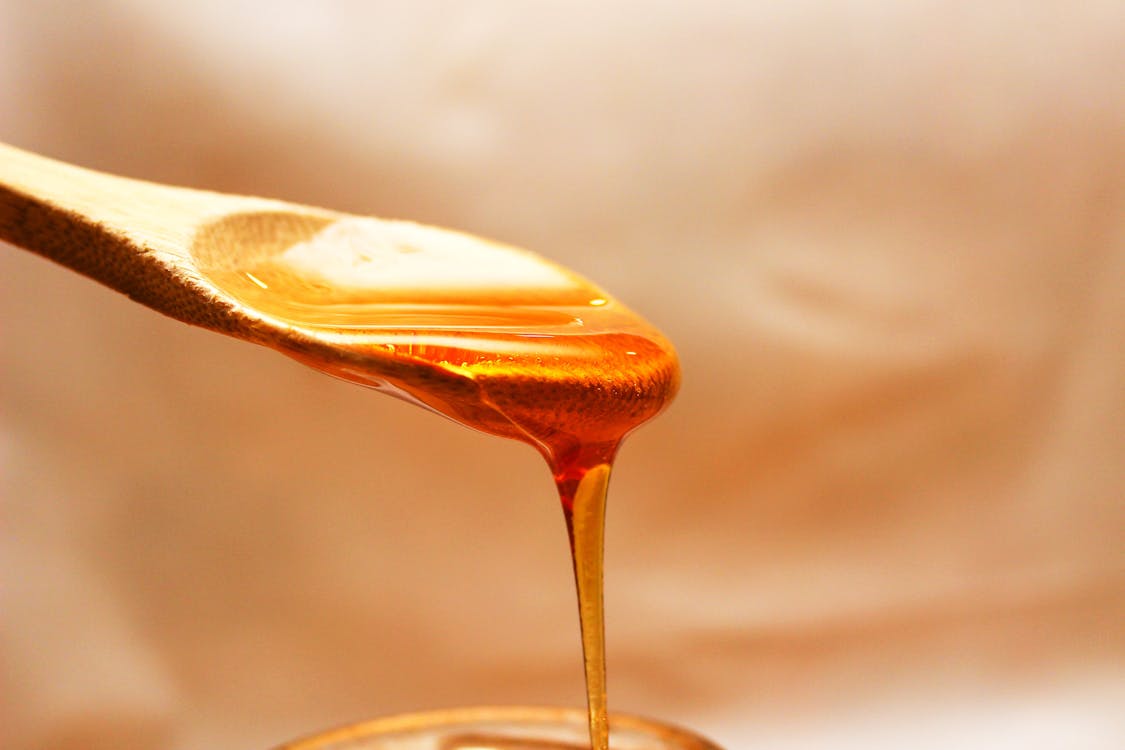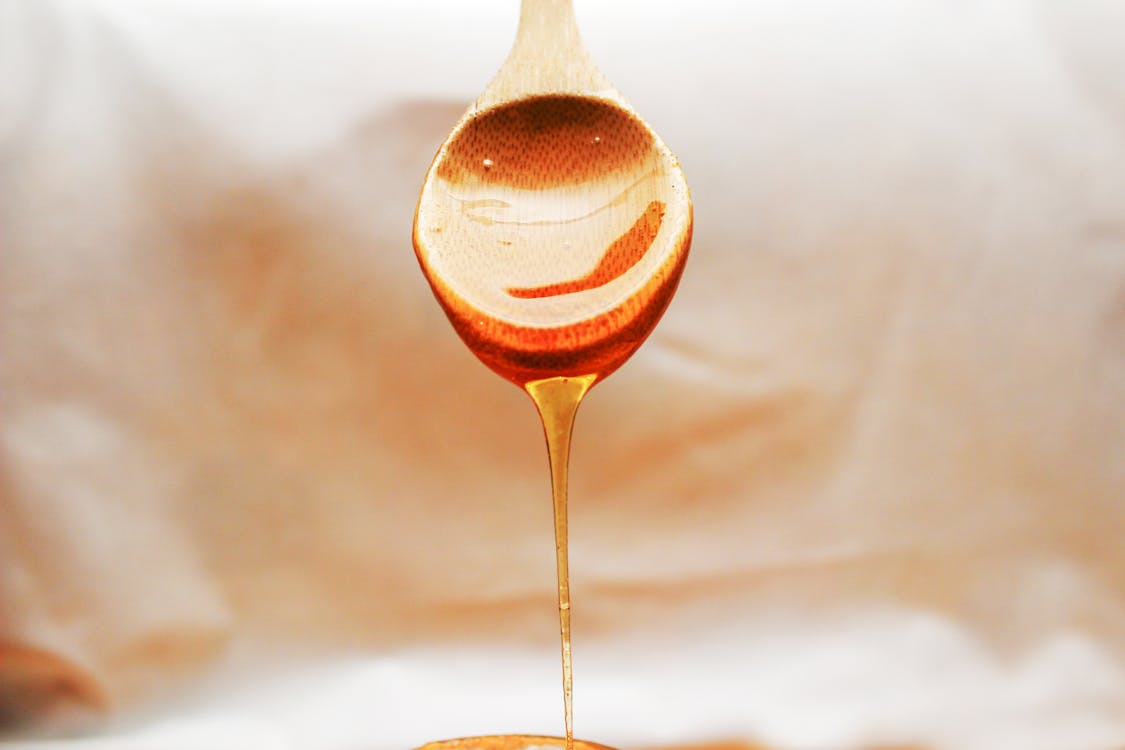Top 10 Amazing Health Benefits Of Propolis
1. Propolis contains antimicrobial properties
Propolis has been used in traditional medicine for centuries due to its antimicrobial properties. It has been applied topically to treat wounds, cuts, and infections, where it acts as a natural antiseptic and promotes wound healing. The antimicrobial activity of propolis is attributed to its complex composition, which includes polyphenols, flavonoids, phenolic acids, and other bioactive compounds. These constituents exhibit broad-spectrum antimicrobial effects, inhibiting the growth of bacteria, viruses, fungi, and other microorganisms.

2. Propolis contains compounds that can reduce inflammation
Propolis contains phenolic acids, another class of bioactive compounds with anti-inflammatory effects. Phenolic acids have been shown to modulate inflammatory pathways and reduce the production of pro-inflammatory cytokines, which are molecules involved in promoting inflammation. By inhibiting these inflammatory mediators, phenolic acids in propolis may help mitigate inflammation and its associated symptoms.
Read Also:
Pregnancy: Signs, Symptoms, Overview, Health Tips You Should Know
3. Propolis is rich in antioxidants
These antioxidants are essential for neutralizing harmful free radicals in the body, which can cause oxidative stress and damage to cells and tissues. The abundance of antioxidants in propolis is mainly attributed to its diverse composition of bioactive compounds, including flavonoids, phenolic acids, and polyphenols. These compounds have been shown to scavenge free radicals and prevent oxidative damage, thereby protecting cells from premature aging and reducing the risk of chronic diseases associated with oxidative stress.
4. Propolis contains wound healing properties
Propolis has been found to exhibit antimicrobial activity against a wide range of bacteria, fungi, and viruses. By inhibiting the growth of pathogens and preventing infection, propolis helps protect the wound from further damage and promotes a clean and sterile healing environment.
5. Propolis supports immune functions
The immune system plays a vital role in protecting the body against pathogens, such as bacteria, viruses, and fungi, as well as foreign invaders and harmful substances. Propolis has been shown to enhance various aspects of immune function, including the activity of immune cells like macrophages, natural killer cells, and lymphocytes.
6. Propolis contains potential benefits for oral health
Propolis has garnered attention for its potential benefits for oral health, owing to its diverse range of bioactive compounds and antimicrobial properties. Within the oral cavity, propolis has been found to exhibit antimicrobial activity against various bacteria, fungi, and viruses, making it a promising natural remedy for maintaining oral hygiene and preventing dental infections. Propolis has been shown to inhibit the growth of bacteria associated with dental plaque and cavities, such as Streptococcus mutans and Porphyromonas gingivalis.
7. Propolis contains anti inflammatory properties
Propolis has been found to inhibit the activity of enzymes involved in the inflammatory process, such as cyclooxygenase (COX) and lipoxygenase (LOX). These enzymes are responsible for the synthesis of inflammatory molecules known as prostaglandins and leukotrienes, respectively. By blocking the action of COX and LOX enzymes, propolis helps to reduce the production of these inflammatory compounds and mitigate the inflammatory response.

8. Propolis supports cardiovascular health
Propolis has been shown to have anti-inflammatory effects, which can help reduce inflammation in the blood vessels and improve endothelial function. Endothelial dysfunction is a key factor in the development of cardiovascular diseases, as it can lead to impaired blood flow, increased blood pressure, and plaque formation. By mitigating inflammation and promoting endothelial health, propolis may help support cardiovascular function and reduce the risk of heart-related complications.
9. Propolis is said to have anti cancer properties
One notable aspect of propolis is its antioxidant activity, which helps neutralize free radicals and reduce oxidative stress in the body. Oxidative stress is implicated in the development of cancer by promoting DNA damage and mutations that can lead to uncontrolled cell growth. By scavenging free radicals, propolis may help protect cells from oxidative damage and inhibit the initiation and progression of cancer.
10. Propolis has potential benefits for gastrointestinal health
One notable aspect of propolis is its antimicrobial properties, which help combat harmful bacteria, fungi, and parasites that can disrupt the balance of gut microflora and lead to gastrointestinal issues. By inhibiting the growth of pathogens and promoting the growth of beneficial bacteria, propolis supports a healthy microbial environment in the gut, which is essential for optimal digestion and immune function.





